Dietetics is the science of how nutrition affects our health, scientific studies have shown how a change to our diet can help prevent or control a variety of health problems. Dieticians educate on healthy food choices to prevent illness and promote wellness and deal with all non-communicable diseases which is a most threatening fact. A balanced and optimum Diet helps to speed up the recovery rate of any sick individual.
Dietetics Day is an annual celebration, every year it falls on 10 th January which is all around the country. The 2024 theme “ROLE OF DIETICIANS AND NUTRITIONISTS IN PUBLIC HEALTH ISSUES” is being encouraged to promote health and wellbeing in the community.
The dietary views and the key theme of 2024 is one of balance-balancing personal health with environmental sustainability and embracing innovation while honoring timeless principles of mindful eating.
Dietetics Day is being celebrated every year to disseminate nutrition education and information on the importance of making the right food choices.
Happy Dietetics Day!!!
Why Personalized Nutrition?
Personalized nutrition is an evidence-based science that focuses on individuals and offers nutrition plans that increase wellness by preventing, managing and treating health conditions.
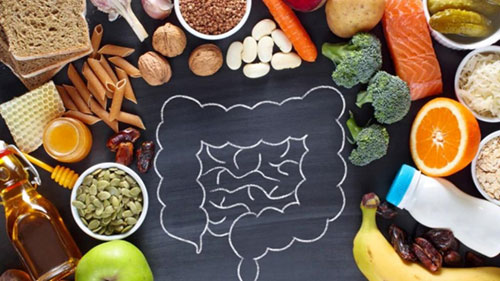
- Good nutrition fosters sound health. The basic principle of healthy diet focuses on quantitative and qualitative nutrition whereas optimum nutrition focuses on an individualized diet plan based on vulnerability.
- The term optimum nutrition holds a lot of promise to better human health. We know that what we eat plays a significant role in common health issues like heart disease, diabetes, cancer, obesity, and metabolic syndromes. Personalizing dietary habits can have a more significant impact on changing behavior and improving overall health outcomes.
- There are a number of theories that support personalization of nutrition. These include progress in food analytics, nutrition-based conditions and public health programs, the use of IT in nutrition studies, the theory of gene-diet interaction and the increasing consumer size.
- Personalized nutrition means providing consumers with nutrition(al) (advice) that is tailored to them specifically. In a broader spectrum, it can be used to improve or enhance an individual’s health, and can also be used to improve well-being by matching a diet to a certain lifestyle and/or personal fitness goals.
Gut Health & Personalized Nutrition
Personalized nutrition is known by various names like precision nutrition, stratified nutrition, tailored nutrition, and individually tailored nutrition. With the challenges posed by a growing population and environmental issues, the use of chemicals in various aspects of life, agriculture, and food production has negative effects on people.
Over the past few decades, changes in our eating habits have contributed to an increase in metabolic diseases. Traditional nutritional advice from health organizations hasn’t been as effective, partly due to people not following it and also because recommendations are often generalized for entire populations.
Recent studies show that a one-size-fits-all dietary approach doesn’t work, and there’s no magic solution for everyone. People’s responses to diet vary, and this diversity is influenced by both their genetic makeup and the composition of their gut microbiome.
Microscopic organisms like bacteria (Bifidobacteria and Lactobacilli), have become increasingly important in medicine. We all have a basic set of these microorganisms in our guts, but there are differences in their types, numbers, and diversity among individuals.
By studying the genetic material of these microorganisms, scientists have found that the number of genes in our gut plays a big role in our health, especially when it comes to immune disorders and various health conditions. When everything is working well, it’s like good teamwork between our body and these microorganisms, which is called GUT SYMBIOSIS. It means they help each other out, and it’s beneficial for our health.
However, when there’s an “imbalance” in the team, it’s called GUT DYSBIOSIS. This can happen if there are too many or too few of these microorganisms, or if their proportions change. This imbalance is often connected to different health problems. So, keeping a good balance with these tiny helpers in our bodies is important for our overall well-being.
The tiny living things in our guts, called gut microbiota, talk to our bodies by interacting with the food we eat. This relationship goes both ways, affecting how our bodies use small and large nutrients from our diet. The mix of these microorganisms can differ from person to person and can be changed by what we eat. Keeping these microorganisms balanced is crucial for our health, and when this balance is off, it can lead to problems like obesity, inflammatory bowel disease, and fatty liver disease.
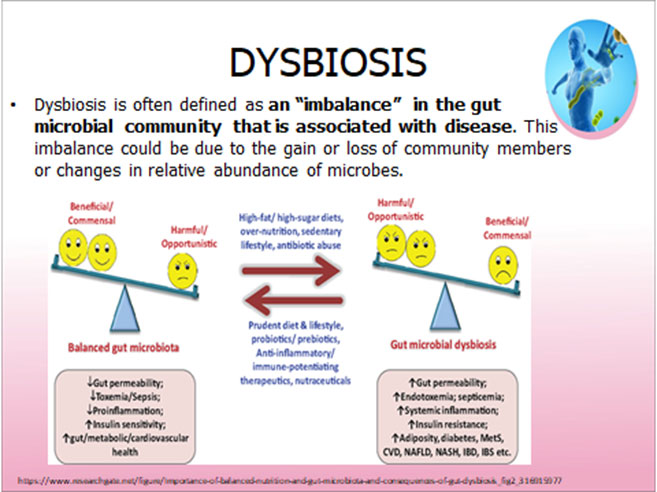
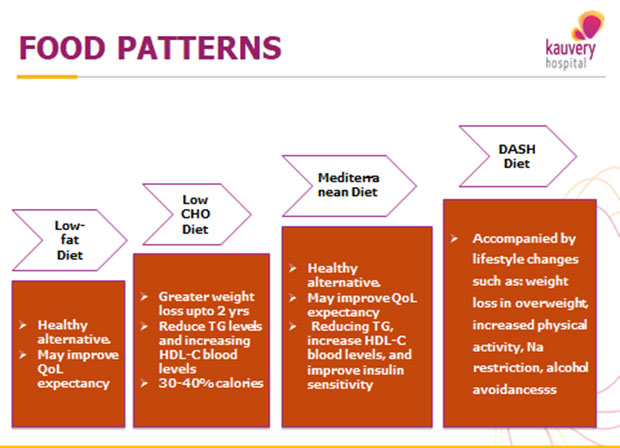
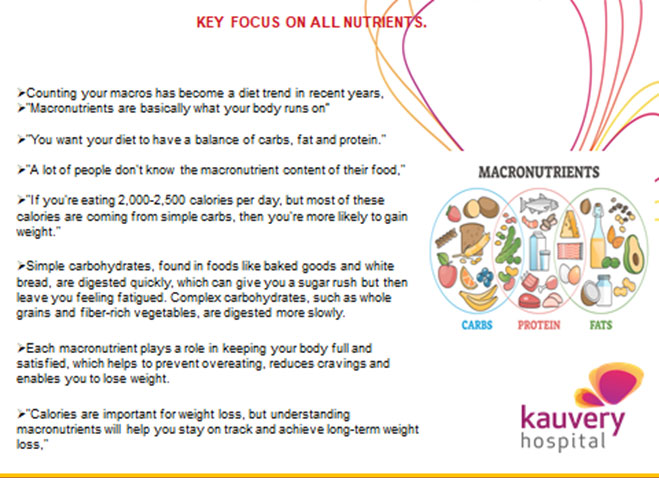
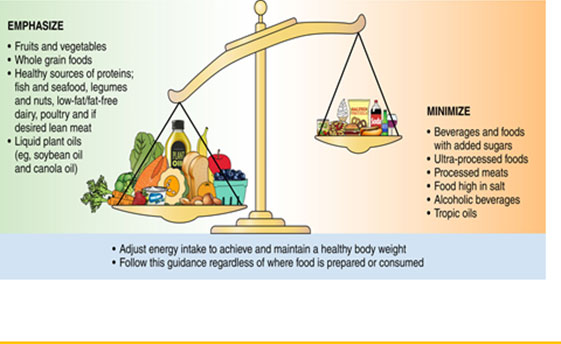

Ms. Yamini Prakash
Lead Clinical Dietitian
Kauvery Hospital Chennai

